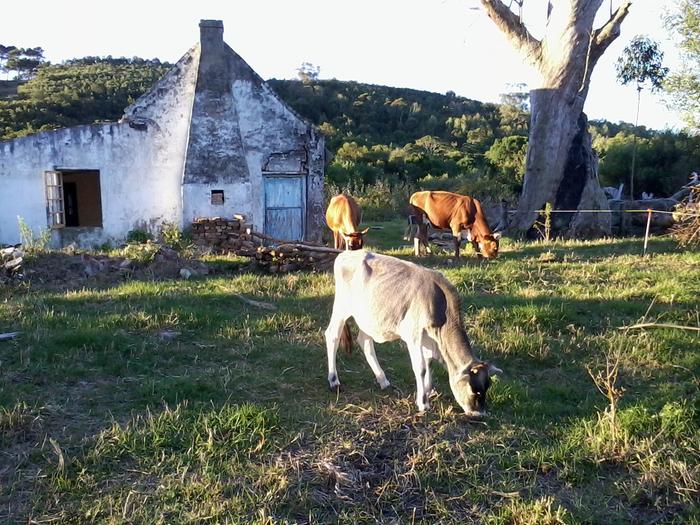
 5
5




 17
17




Gardens in my mind never need water
Castles in the air never have a wet basement
Well made buildings are fractal -- equally intelligent design at every level of detail.
Bright sparks remind others that they too can dance
What I am looking for is looking for me too!

 5
5




Invasive plants are Earth's way of insisting we notice her medicines. Stephen Herrod Buhner
Everyone learns what works by learning what doesn't work. Stephen Herrod Buhner
 7
7




My farm and garden: https://trello.com/b/GqBLwdNh
My tacky designs on merch: https://www.redbubble.com/people/oldmobie/shop?asc=u&ref=account-nav-dropdown
 2
2




Invasive plants are Earth's way of insisting we notice her medicines. Stephen Herrod Buhner
Everyone learns what works by learning what doesn't work. Stephen Herrod Buhner
 4
4




"You must be the change you want to see in the world." "First they ignore you, then they laugh at you, then they fight you, then you win." --Mahatma Gandhi
"Preach the Gospel always, and if necessary, use words." --Francis of Assisi.
"Family farms work when the whole family works the farm." -- Adam Klaus
 6
6




In the process of buying rural land/house & repairing it, dreaming, and planning!
 3
3




 5
5




Phil Stevens wrote:Your photos of the garden position sun path taken in early October will also work for early March, which might be useful in terms of prep and early planting with cloches, etc. You've obviously put some thought into this.
In the process of buying rural land/house & repairing it, dreaming, and planning!

|
I am not young enough to know everything. - Oscar Wilde This tiny ad thinks it knows more than Oscar:
The new permaculture playing cards kickstarter is now live!
https://www.kickstarter.com/projects/paulwheaton/garden-cards
|


